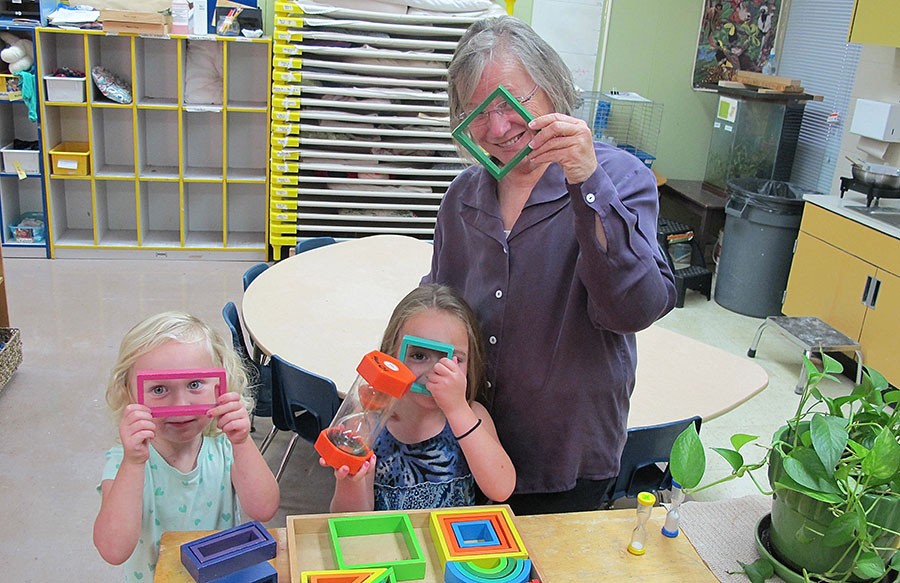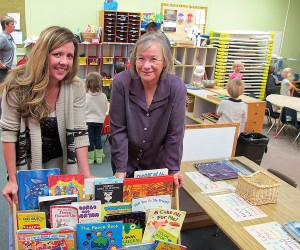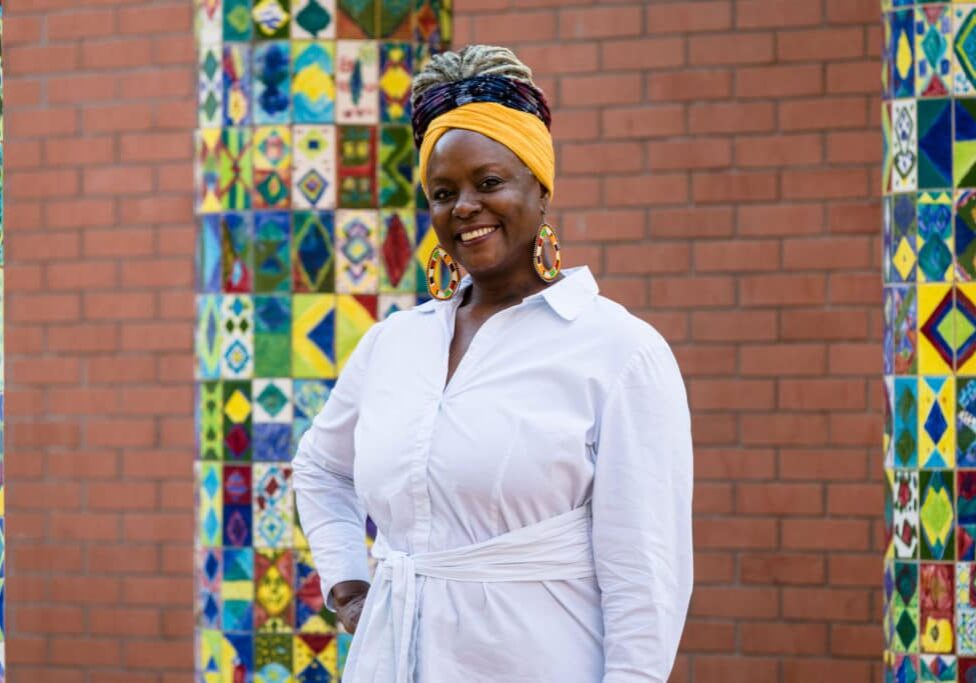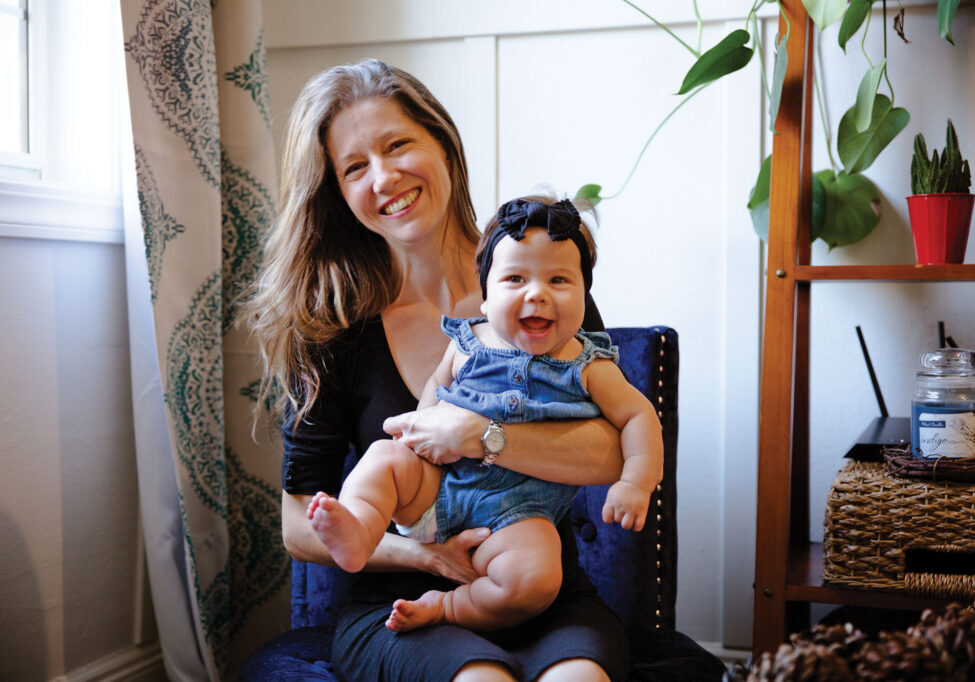Cindy Ratekin, PhD, is passionate about helping children and families thrive through understanding and respecting the unique qualities, abilities and contributions of each individual.
As professor of child development at California State University, Chico; a strong supporter and board member of Innovative Preschool for more than 25 years; and as a volunteer with her local Court Appointed Special Advocate Program (CASA), Cindy has steadfastly worked to further the understanding of child development and apply this knowledge in her local community.
Danielle Tamagni, a former student and assistant of Cindy’s at CSU, Chico’s Department of Child Development, says, “Cindy is constantly looking for ways to improve the well-being of students, alumni, and the program as a whole. She goes above and beyond to address the individual needs of students so that they can excel in the program and in the field.”
We asked Cindy a few questions:
How did you get involved in your work with children and families?
I’ve always been drawn to children and families, and to adults who are working with children and families. My specific interests have evolved over time. I initially was focused on young children, then young children with special needs, and then moved to a large focus on families. After I received my PhD, I was excited to come to Chico and work in the Child Development Lab, doing hands-on work with children and families. Right now my volunteer work is centered around the CASA program and focused on children in the foster care system.
What inspires you?
I am inspired by people who do research in child development, who have taken the time to understand child development, and who honor the contributions that individual children bring.
My study of children’s temperaments has been a guiding force for me. The idea that children are born with individual temperaments is the opposite philosophy of a belief dominant in the 1950:; that children are blank slates. Some of the first researchers in this field were inspired by observing their own five kids. They saw that there was more to the story.
As humans we have so much judgement about what is best for people. We can be really hard on children. We tend to frame things as “this is how a 2-year-old should be, this is how a 4-year-old should be,” etc., and look for answers that fit everyone rather than being comfortable with individual differences. Acknowledging that all levels of temperament are normal is an approach focused on equal appreciation for what an individual brings to a situation, in combination with what the situation expects of the child.
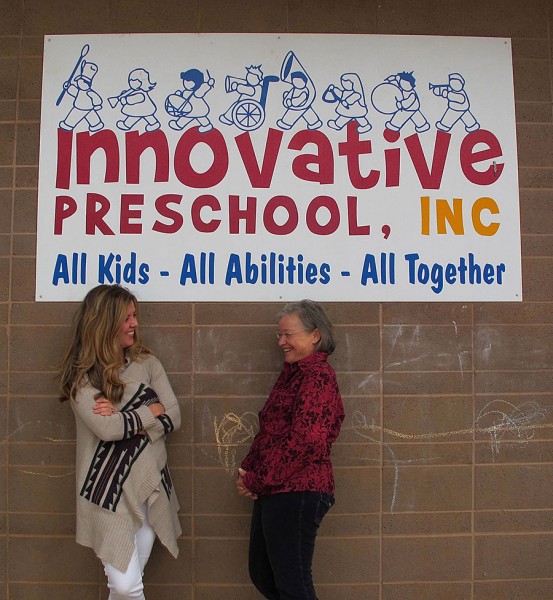

I really enjoy watching adults come to a new appreciation of children’s behavior after gaining understanding about children’s development. Generally, parents want the best for their kids and are trying very hard. There are some very predictable stages of developmental issues that children go through. As an expert you can explain these, and by adding another level of knowledge the family can find a way to meet individual needs but also ensure the family’s needs are honored.
What has motivated you to volunteer with foster children?
As I’ve gotten older I’ve realized that I really am a very lucky person. I’m very fortunate for the support in my life and feel a responsibility to make life better for others. So for several years I’ve been volunteering with CASA. Children in foster care have a hard road. We as a community have separated them from their families with good intentions, but for a 4-year-old that feels like an abduction. They are moved into different homes and can be moved again and again. CASA volunteers make a commitment to be consistent, and train to be an advocate for the child. We try to provide some continuity for children who have experienced turmoil in their lives. It’s an opportunity to give back, and it helps you as well to keep a balanced perspective on the scale of problems in your own life.
Do you have a favorite quote or life philosophy to share?
My favorite quote related to mentoring is from the Talmud: “Every blade of grass has its angel that bends over it and whispers ‘grow, grow.’”
The mission of our Be the Change column is to feature community members from the
North State who are actively making a difference in community life. If you would like to nominate someone who is making a difference, please write to pn@northstateparent.com.
Posted in: Be The Change
Comment Policy: All viewpoints are welcome, but comments should remain relevant. Personal attacks, profanity, and aggressive behavior are not allowed. No spam, advertising, or promoting of products/services. Please, only use your real name and limit the amount of links submitted in your comment.
You Might Also Like...
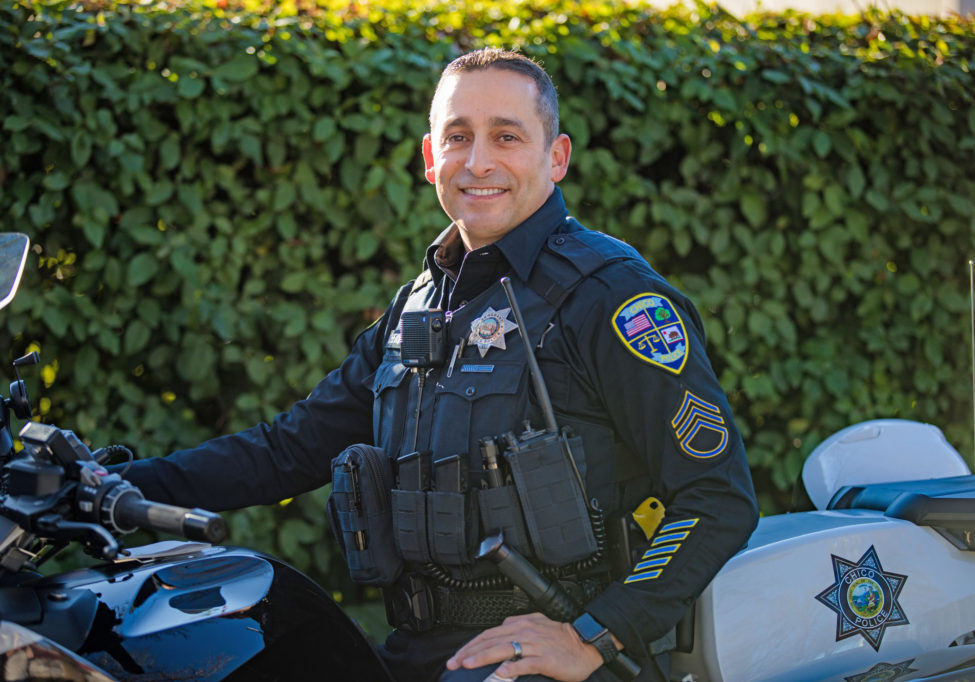
Chico Police Officer Todd Lefkowitz – A Model of Treating Others With Respect
Living out a lifelong dream, Sergeant Todd Lefkowitz has been a motorcycle officer for 9 of his 25 years at the Chico Police Department. “From a young age, I’ve always […]
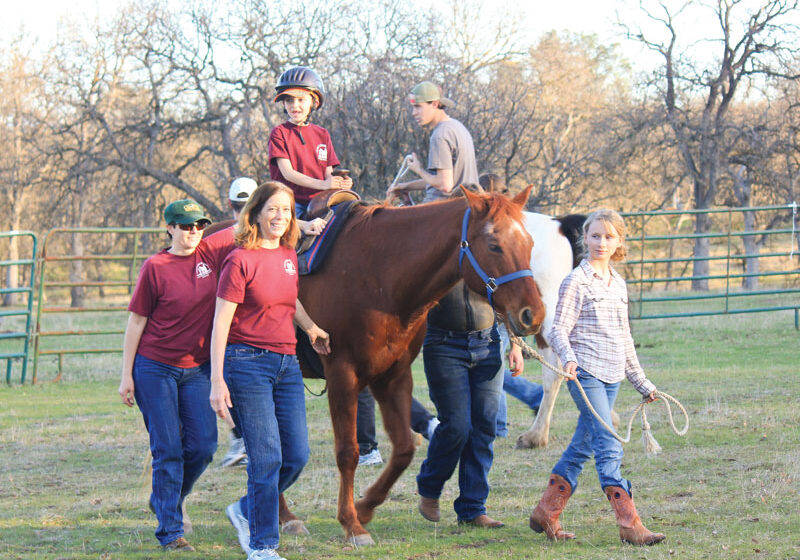
Be the Change – Eileen Reese, Shasta & Tehama Counties
As a young child, a painting of a red barn, a white horse and a mysterious figure mesmerized Eileen Reese. She would place herself inside the scene, imagining the horse […]
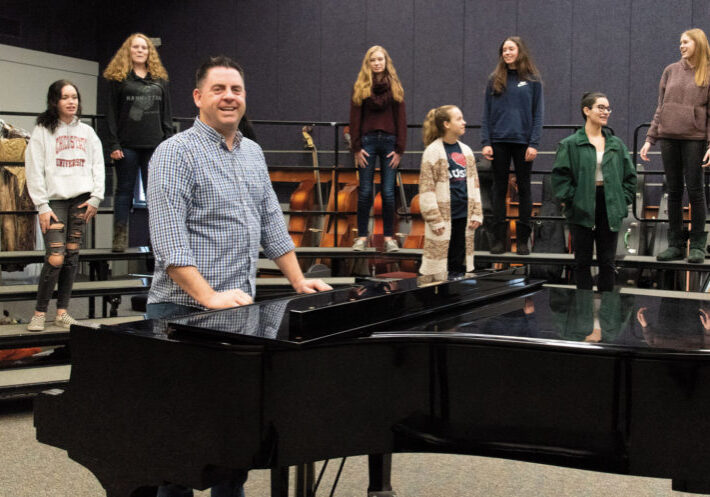
Gavin Spencer: Shasta High School Choir
Hitting High Standards and High Notes in the North State Eighteen years ago, Gavin Spencer left his home state of Oregon and became the director of the established and prestigious […]
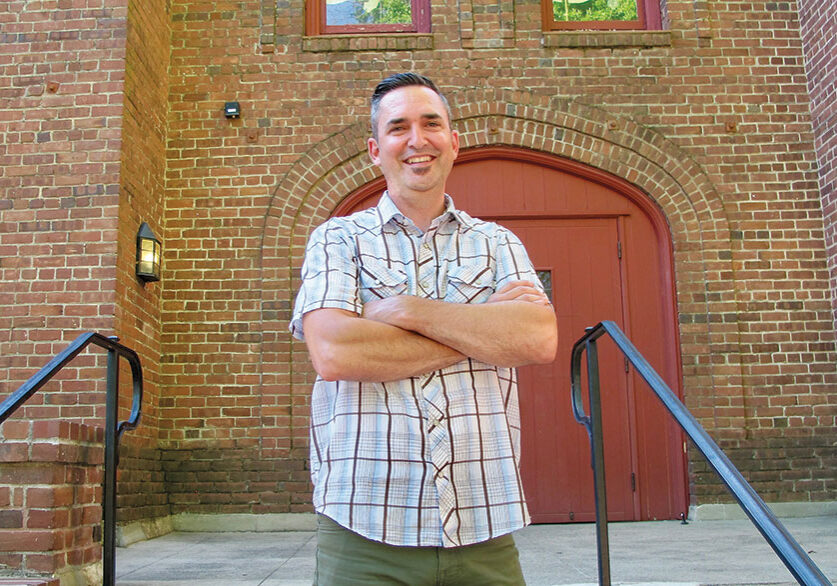
Be the Change – Matt Plotkin
Thursday, November 8, 2018, is a date burned into the memories of many North State residents. On that day the Camp Fire ravaged the town of Paradise, CA, claiming thousands […]

